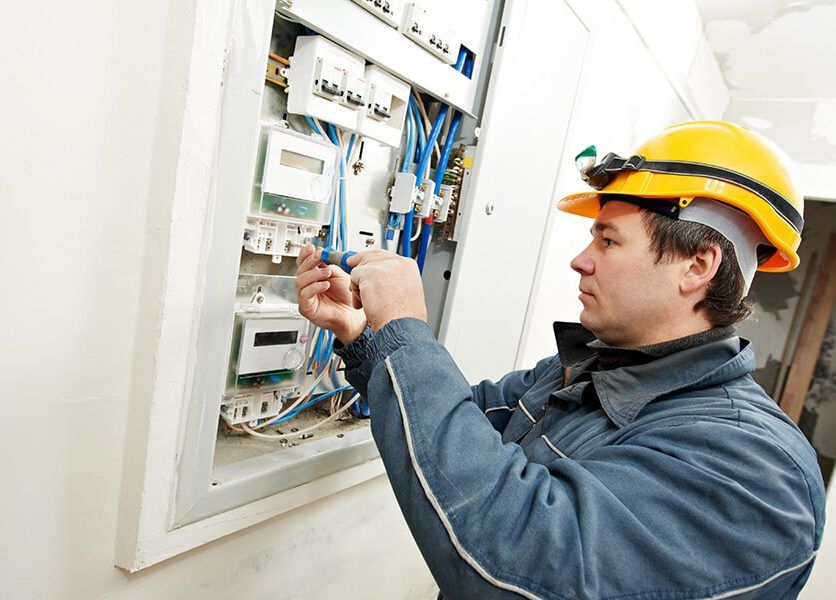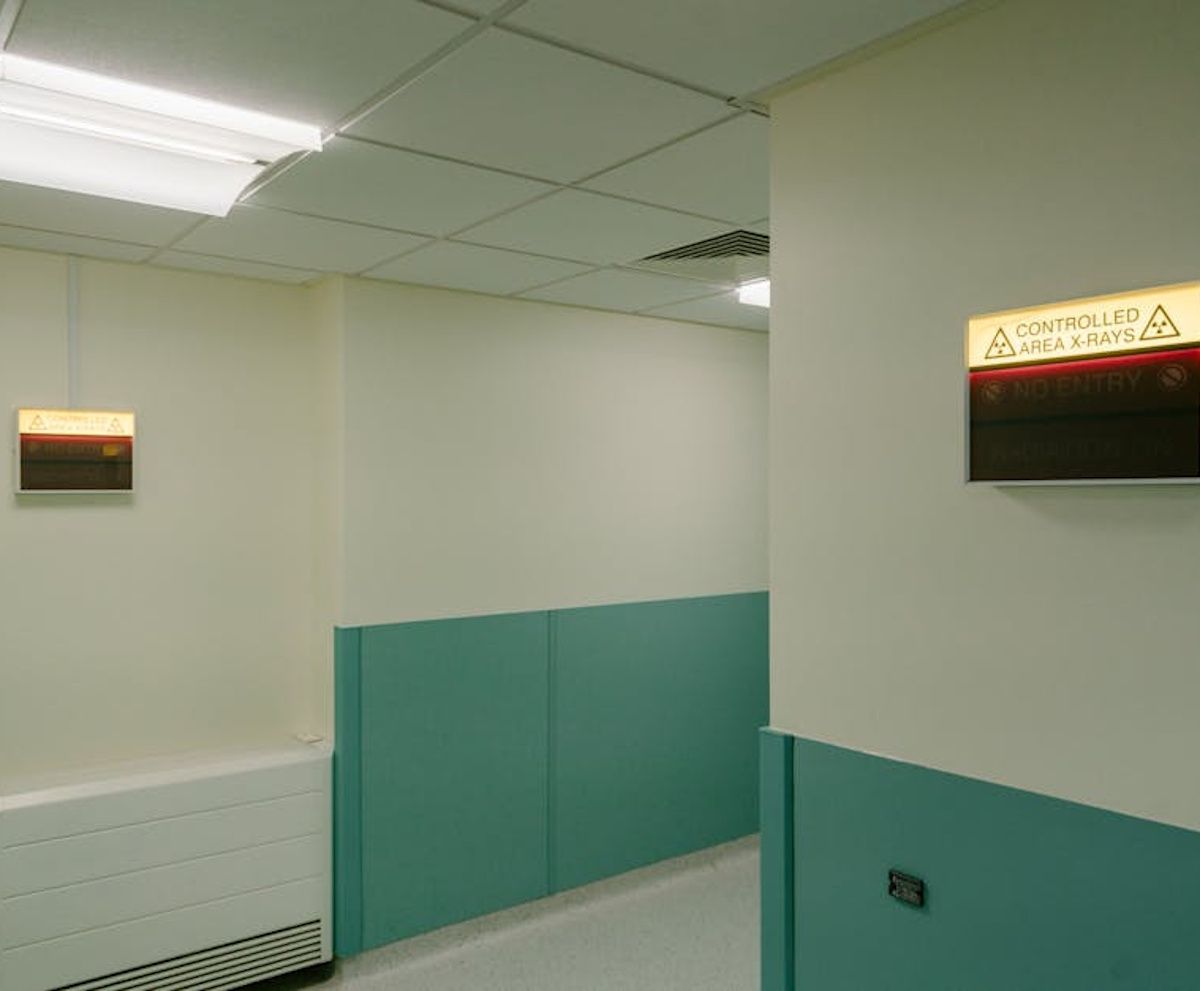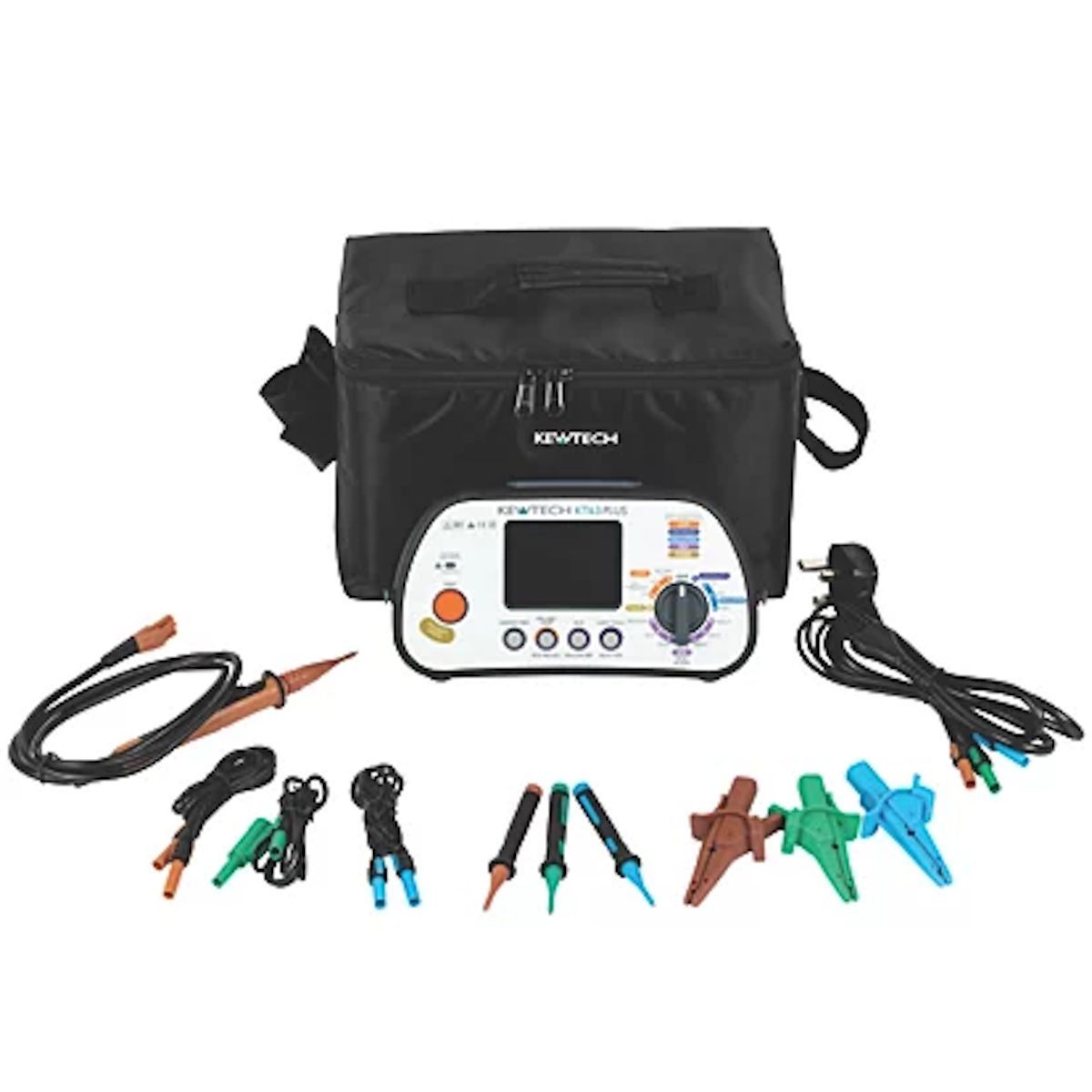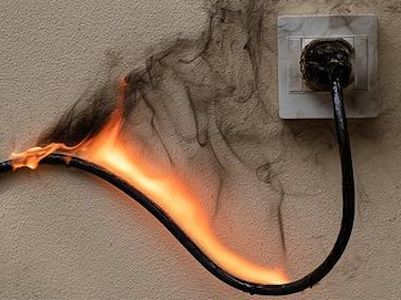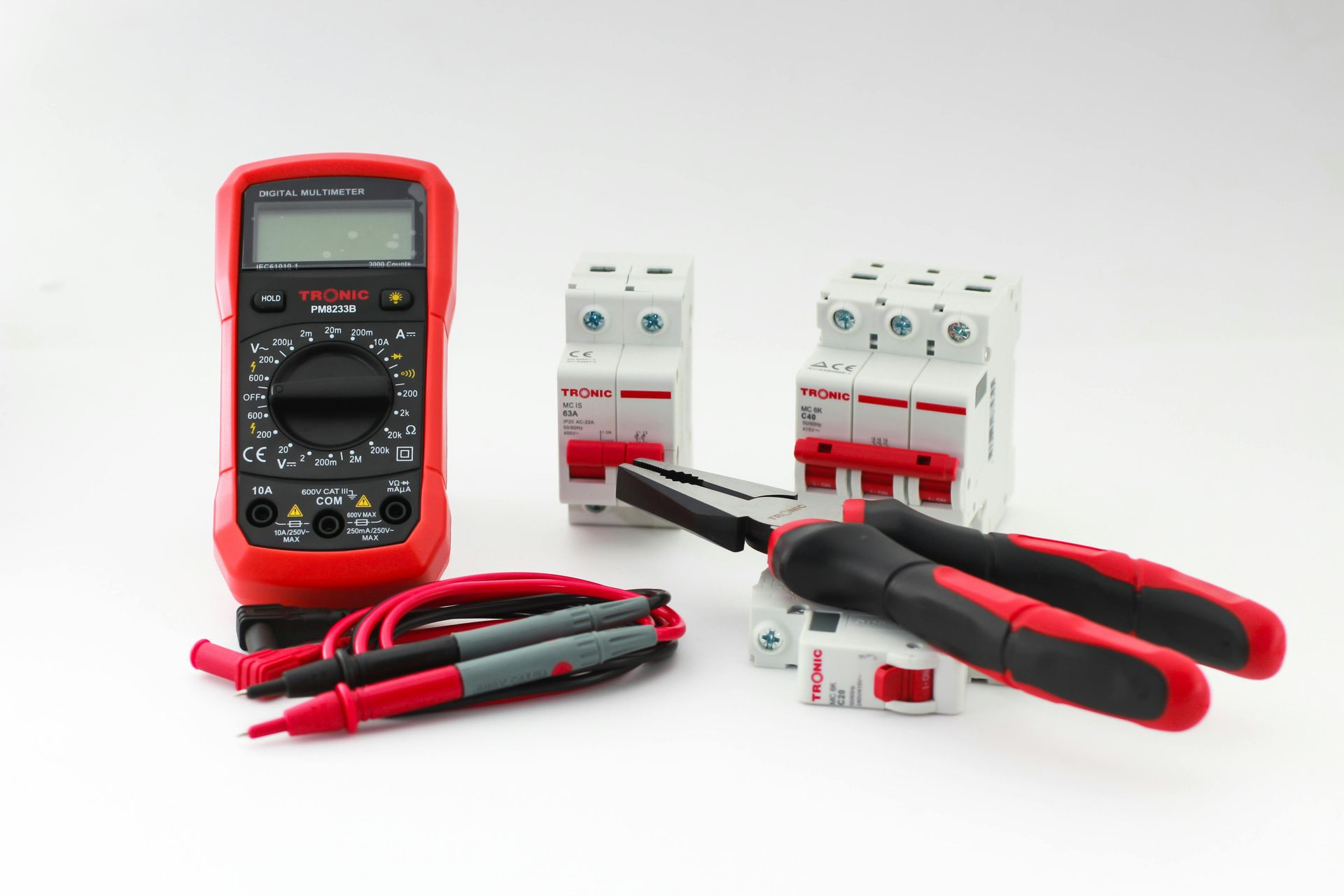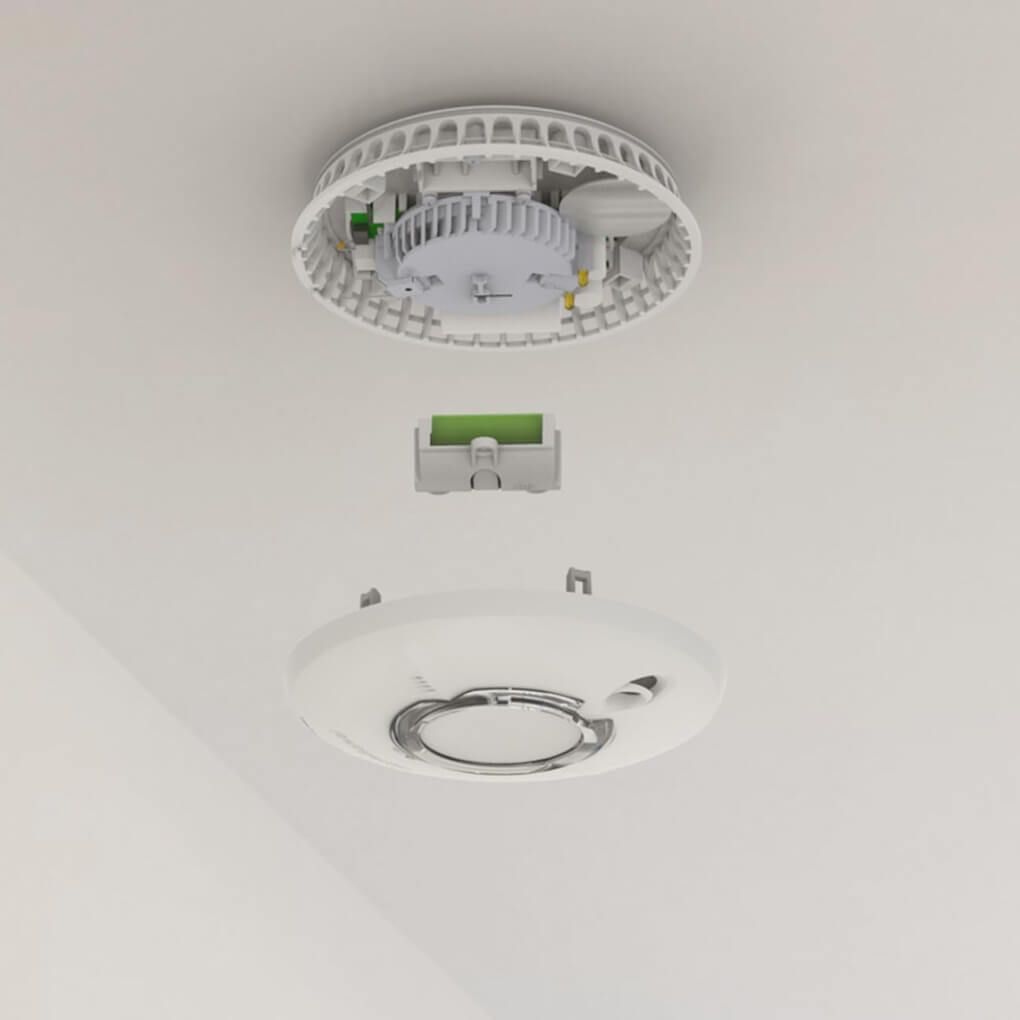EICR meaning, Electrical installation condition report certificate
(EICR) Electrical Installation Condition Report
In the realm of property safety and electrical installations, the topic of the EICR (Electrical Installation Condition Report) has gained significant importance. Understanding whether an EICR is a legal requirement can help property owners ensure they comply with safety regulations while safeguarding the well-being of their tenants.
What is EICR Meaning?
The EICR meaning is critical to grasping the broader context of electrical safety. An Electrical Installation Condition Report is a formal document that assesses the condition of electrical installations in a property. It is issued after a thorough inspection, which evaluates the integrity of wiring, the condition of electrical fittings, and overall safety standards as per the IET Wiring Regulations (BS 7671).
An EICR is essential for identifying potential hazards that could lead to electrical shocks or fires. It is particularly relevant for landlords and property owners, as they need to ensure their premises meet safety standards to protect both themselves and their tenants.
Why is EICR Important?
Understanding the importance of obtaining an EICR cannot be understated. For landlords, having an up-to-date EICR not only guarantees that the electrical systems are safe but also serves as a legal shield against potential liabilities. Furthermore, an EICR can reveal necessary repairs or upgrades needed for outdated electrical systems, ensuring properties are safe for occupation.
Additionally, an EICR can also help in providing reassurance to tenants. Tenants are often more inclined to rent a property where the landlord can demonstrate compliance with safety studies, including the EICR. This can help prevent disputes regarding safety concerns and reduce the risk of accidents.
Is an EICR a Legal Requirement for Landlords?
For landlords in England and Wales, there are legal requirements regarding the provision of EICRs. The recent regulations stipulate that landlords must have an EICR conducted every five years, or whenever there is a change of tenancy. This was made law as part of the Electrical Safety Standards in the Private Rented Sector (England) Regulations 2020. Failure to obtain a valid EICR can lead to penalties, including fines for not meeting safety standards.
In Scotland, the legislation is slightly different, but it also mandates that landlords must ensure electrical systems are safe. The mandatory EICR requirement is part of the wider changes aimed at improving safety standards in rental properties.
Who Needs an EICR?
Understanding who needs an EICR is essential for compliance. Any rental property—whether managed by a private landlord or a letting agent—must have an EICR according to current legal standards. Moreover, homeowners who are considering selling or letting their property may also benefit from conducting an EICR to ensure compliance and provide peace of mind to potential buyers or tenants.
For businesses, having an EICR is also crucial. Commercial properties must adhere to similar safety regulations as residential properties according to the Health and Safety at Work Act 1974. An EICR can help businesses manage their safety obligations by providing clear documentation of the electrical systems' safety status.
How Often Should You Get an EICR?
EICR recommendations regarding frequency are based on the nature of the electrical installation and its usage. For residential properties, an EICR should generally be carried out every five years, while for rental properties, it must also be done at the change of tenancy. In commercial settings, the frequency can vary based on the type of business and the environment in which the electrical systems operate.
Regular inspections help to identify any deterioration or potential issues early on, enabling landlords and property owners to take timely action to meet compliance requirements and ensure safety for the occupants.
Final thoughts
In summary, understanding EICR meaning and the legal requirements surrounding it is crucial for both landlords and property owners. With the regulations in place mandating EICRs for rental properties and the implications of non-compliance, it is important to stay informed. Walk through the process of obtaining an EICR and ensure your property adheres to safety standards, protecting tenants and minimising risks. Ultimately, ensuring that your property possesses an up-to-date EICR is not only a legal necessity, but also a matter of responsibility towards the safety and well-being of others.
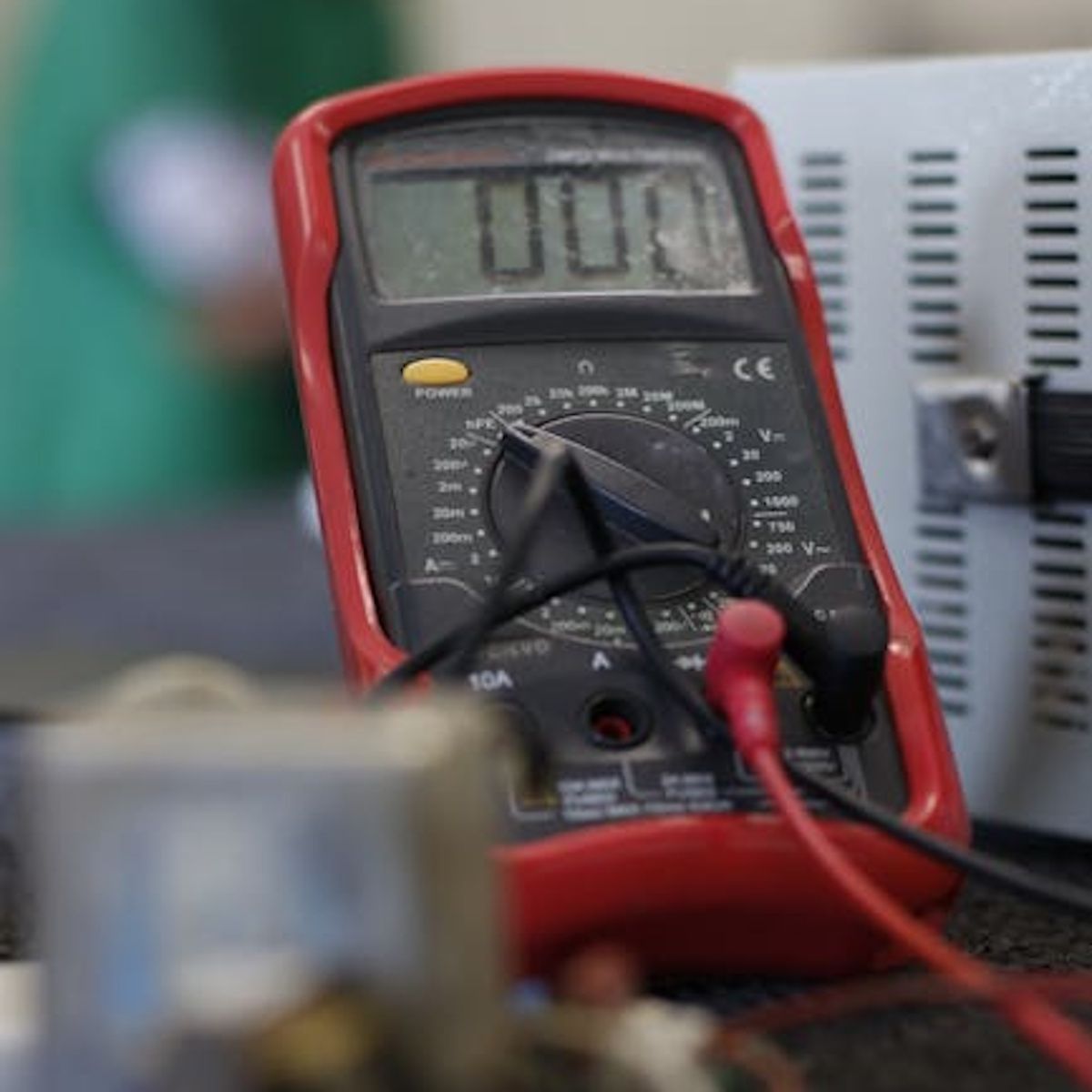

Contact Info
At Fixed Wire Telford, we pride ourselves on being your go-to electricians in Telford and beyond.
Address: Granville Suite Bdc, Stafford Park 4, Telford, England, TF3 3BA
Get In Touch


Get In Touch
We will get back to you as soon as possible
Please try again later
© Fixedwiretelford 2024 -- Website Built by Simon Greene Marketing Solutions -- All Rights Reserved

